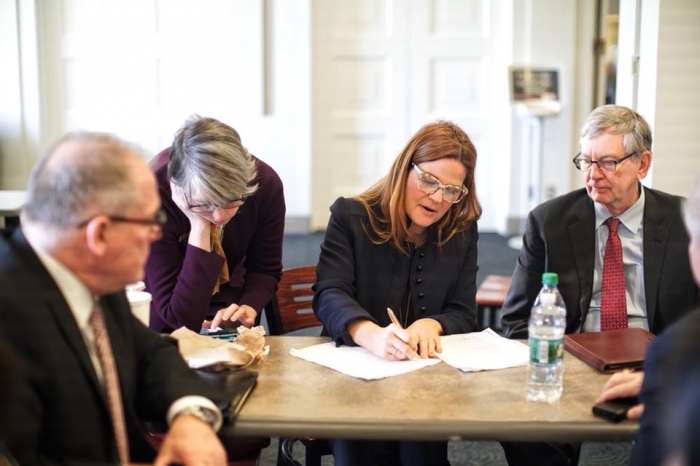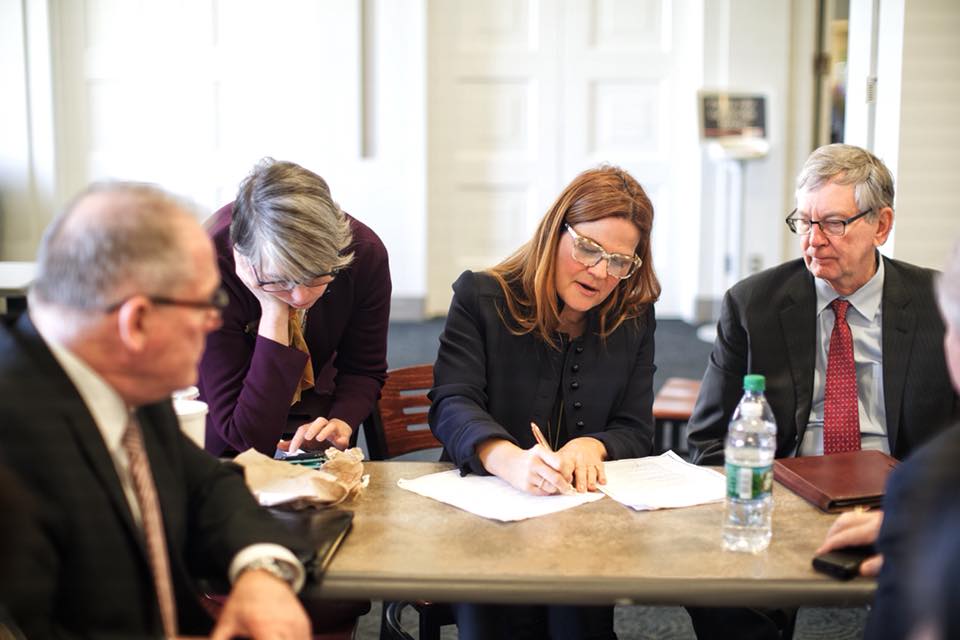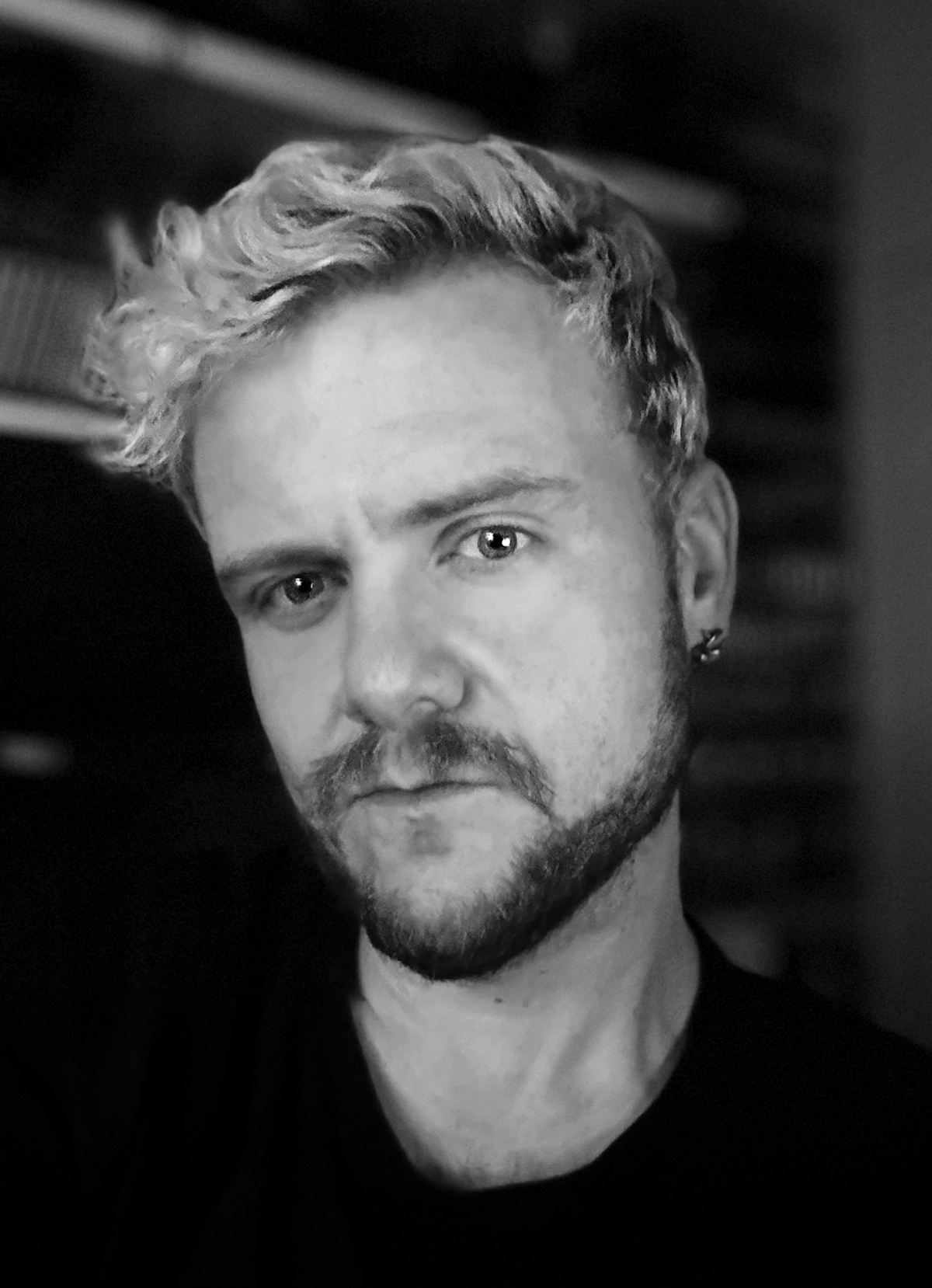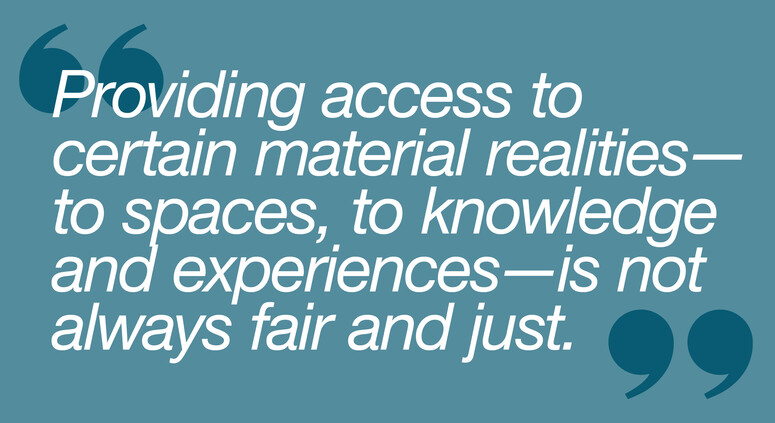advocating for fairness in copyright enforcement in the united states

18.07.2018 Editorial
US visual artists associations have been waging a campaign to support a bill which would greatly benefit creators seeking to protect their copyrights. The CASE Act would establish a copyright small claims tribunal that would be a voluntary, alternate recourse for copyright holders bringing a low value infringement lawsuit.
While the campaign for The CASE Act is exclusive to the US, significant developments in copyright law anywhere resonate internationally. Copyright protection is legislated nationally—there is no 'international copyright'—but copyright advocates do look to what is happening globally in considering improvements at home. Certainly the US associations have looked at copyright law in other countries when envisioning improvements to copyright protection at home—notably Canada’s elegant solution for addressing orphan works, or the protection the UK small claims track extends individual copyright holders. Lastly, the tech sector does not hesitate to wield its influence internationally in opposing strengthened copyright protection, such as EU attempts to update copyright laws to the digital age.
Over the past year, US visual artists associations have been waging a campaign to support a bill which would greatly benefit creators seeking to protect their copyrights. The CASE Act would establish a copyright small claims tribunal that would be a voluntary, alternate recourse for copyright holders bringing a low value infringement lawsuit. The bill is the outcome of over 12 years of advocacy work conducted by the associations, as well as studies and hearings conducted by the Copyright Office and Congress.
In the US, copyright holders must file infringement lawsuits in federal court, an expensive, complicated process that requires legal counsel. However, before a lawsuit can be initiated, the copyright of the infringed work must be registered with the US Copyright Office. If the copyright registration isn’t 'timely'—within three months of publication, or before the infringement has occurred—the potential award the copyright holder could receive is severely limited.
A number of associations created materials for their members to us. PPA created this button people wore while lobbying
The cost of bringing a lawsuit additionally burdens individual creators. The average cost for a copyright infringement case is USD $175,000* and that is only through the pre-trial discovery process. It’s no wonder that 2/3 of intellectual property lawyers surveyed said they wouldn’t take on an infringement lawsuit with a potential outcome under USD $30,000*. As a result, our copyright system serves the needs of low volume/high value copyright creators (such as film studios and media companies), but not those of high volume/low value creators (such as photographers and graphic artists).
The CASE Act, introduced by Representative Hakeem Jeffries in 2017, would establish a tribunal housed in the Copyright Office that would hear copyright infringement cases with a potential outcome of under $30,000. The proceedings could be conducted remotely, and participants would not be required to have legal counsel. In fact, the bill provides for the establishment of pro-bono legal clinics to assist participants. The remedies offered by the tribunal would be limited, but since the system is voluntary, copyright holders could opt to bring suit in federal court instead.
Representative Hakeem Jeffries, sponsor of The CASE Act, speaking with photographers about the Act’s provisions. Photo © Todd Maisel
Representative Hakeem Jeffries (second from right) speaking with representatives from visual artist associations. Photo © Todd Maisel
The US Capitol Building, en route to meeting with Congressional staff on The CASE Act. Photo © Rebecca Blake
While The CASE Act has wide support across the political spectrum, the tech sector has expressed concerns that the bill would hurt small businesses. It’s a concern that is without merit. Those who stand to benefit greatly from The CASE Act are small businesses, and they are already hurting from the barriers to enforcing their copyrights. It is more plausible that the issue the tech sector has with The CASE Act is that it would deter the rampant infringement images, writing, music, etc. upon which so many technology platforms have built their business model.

Illustration @ W.P. Morse, www.wpmorse.com
Unfortunately for US copyright holders, the tech sector has an outsized voice in US politics. It can only be countered by a united front among stakeholders. Should that united front materialize, we’re still facing a daunting task. To be written into law, The CASE Act must pass both houses of Congress by the end of this year.
* American Intellectual Property Law Association survey and American Bar Association survey: both cited in “ABA Remedies for Small Copyright Claims: Response to NOI, October 2011”
Feature article by Rebecca Blake (ICoD Treasurer 2017–2019) and Advocacy Liaison for the Graphic Artists Guild (GAG). Rebecca Blake is Design Director at Optimum Design & Consulting, a small design firm in New York City, where she develops both print and Web design projects. She serves as Advocacy Liaison for the Graphic Artists Guild, where she monitors upcoming legislation on copyrights and issues relevant to graphic artists, and works with a coalition of associations on advocacy for visual artists. Previously, she served as the Guild’s New York Chapter President and Chapter Treasurer. From 2013–2017, she served on the Audit Committee for ICoD and headed the National Design Policy workgroup for ICoD’s Professional Platform 2014–2017. She was elected ICoD Treasurer for the 2017–2019 term.

relatedarticles

ICoD exclusive interview with kyle rath on design and AI

robert l. peters: guiding the future of design

ICoD interviews elizabeth (dori) tunstall on decolonising design

it may look good on instagram but you want to enjoy living in it




